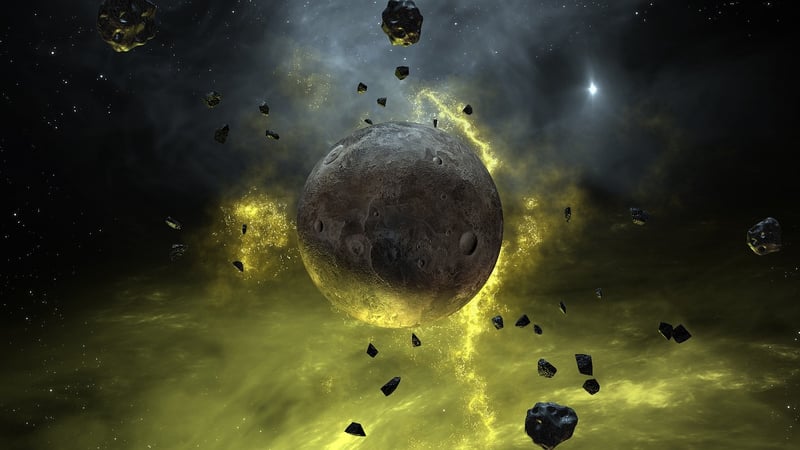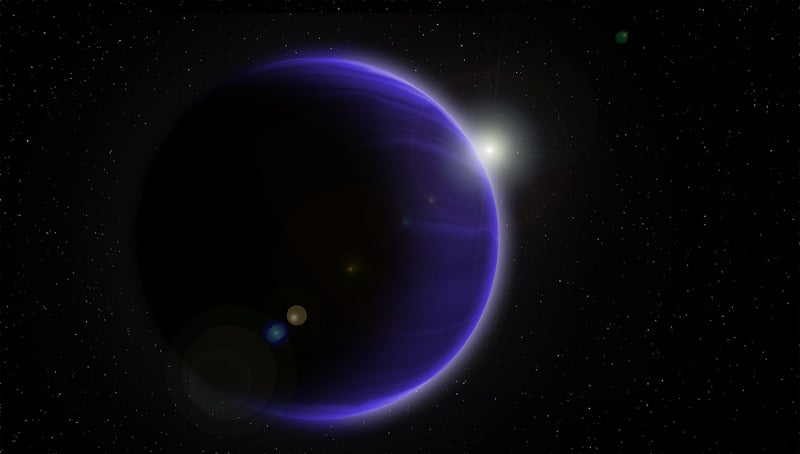Alien Planets
The Hunt for Habitable Planets: Exploring Alien Worlds
As humans, we are naturally curious about the universe and our place in it. One of the most exciting frontiers of exploration is the search for habitable planets beyond our solar system, often referred to as alien planets or exoplanets. Scientists, astronomers, and space enthusiasts alike are captivated by the possibility of discovering worlds that could potentially support life.
What Makes a Planet Habitable?
A habitable planet, also known as a Goldilocks planet, is one that is neither too hot nor too cold, allowing for the presence of liquid water on its surface. Water is essential for life as we know it, making it a key factor in determining a planet's potential habitability. Other factors include the planet's distance from its host star, its atmosphere, and whether it has a solid surface.
Techniques for Detecting Exoplanets
Over the years, astronomers have developed various techniques to detect exoplanets orbiting distant stars. These methods include:
- Transit Method: Observing the slight dimming of a star as a planet passes in front of it.
- Radial Velocity Method: Measuring the wobble of a star caused by the gravitational pull of an orbiting planet.
- Direct Imaging: Capturing actual images of exoplanets using powerful telescopes.
Exoplanets in the Habitable Zone
The habitable zone, also known as the Goldilocks zone, is the region around a star where conditions are just right for liquid water to exist on a planet's surface. Discovering exoplanets within this zone is a top priority for scientists searching for potentially habitable worlds.

The Search for Extraterrestrial Life
While finding a habitable exoplanet is a significant step, the ultimate goal is to detect signs of life beyond Earth. Scientists are developing new technologies and missions to search for biosignatures, such as atmospheric gases that could indicate the presence of living organisms.
Conclusion
The hunt for habitable planets and alien worlds continues to drive space exploration forward, sparking our imagination and expanding our understanding of the cosmos. With advancements in technology and ongoing research efforts, we may soon uncover the secrets of distant worlds and answer the age-old question: are we alone in the universe?
Join us in this thrilling quest to explore the unknown and unlock the mysteries of the universe!
